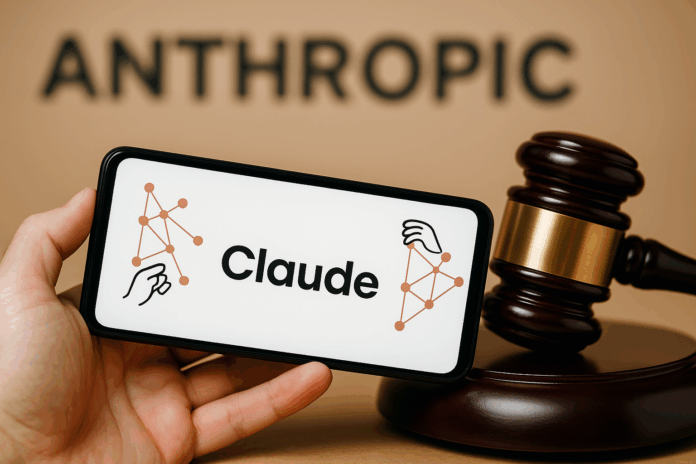
Case Insights
- Legal Breakthrough: Federal Judge William Alsup becomes first to rule that AI companies can invoke fair use doctrine when training models on copyrighted books without author permission
- Split Decision: While training practices deemed legal, Anthropic faces trial over alleged use of pirated materials to build “central library” of millions of books
- Industry Impact: Ruling provides ammunition for tech giants including OpenAI, Meta, and Google facing similar copyright infringement lawsuits from authors and publishers
By Samuel Lopez – USA Herald
SAN FRANCISCO, CA – The artificial intelligence industry scored a pivotal legal victory this week when a federal judge ruled that training AI models on copyrighted books without authors’ consent constitutes fair use under copyright law—a decision that could reshape the ongoing battle between Silicon Valley and the creative community.
Judge William Alsup of the Northern District of California delivered the groundbreaking ruling in Bartz v. Anthropic PBC, marking the first time a federal court has explicitly endorsed AI companies’ fair use defense for training large language models on protected works. The decision sends shockwaves through an industry where dozens of similar lawsuits hang in the balance, potentially worth billions in damages.
The lawsuit, filed by a group of authors against Anthropic—the company behind the Claude AI assistant—represents one front in a broader legal war between content creators and artificial intelligence developers. Authors, artists, and publishers have launched an unprecedented wave of litigation against tech giants including OpenAI, Meta, Midjourney, and Google, arguing that these companies have systematically pillaged copyrighted works to fuel their AI training operations.
“This ruling doesn’t just affect Anthropic—it’s a potential game-changer for the entire AI industry,” explains intellectual property attorney Maria Rodriguez, who has been tracking these cases closely. “Every major AI company is watching this decision, because it could provide the legal cover they’ve been desperately seeking.”
The stakes couldn’t be higher. The outcome of these copyright battles will determine whether AI companies can continue their current training practices or face potentially crippling financial penalties and operational restrictions that could fundamentally alter how artificial intelligence systems are developed.


